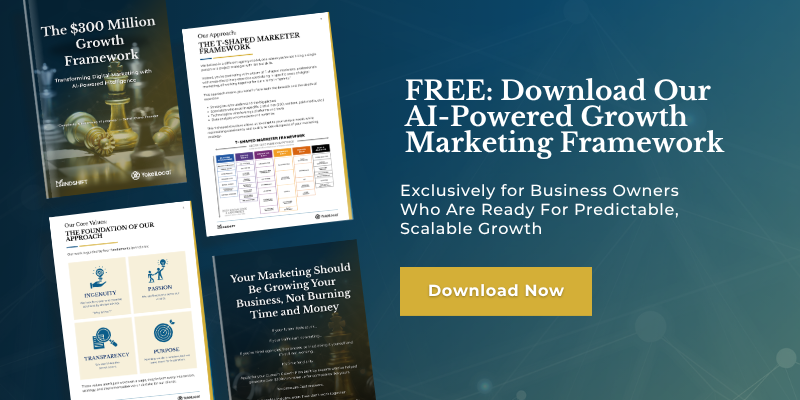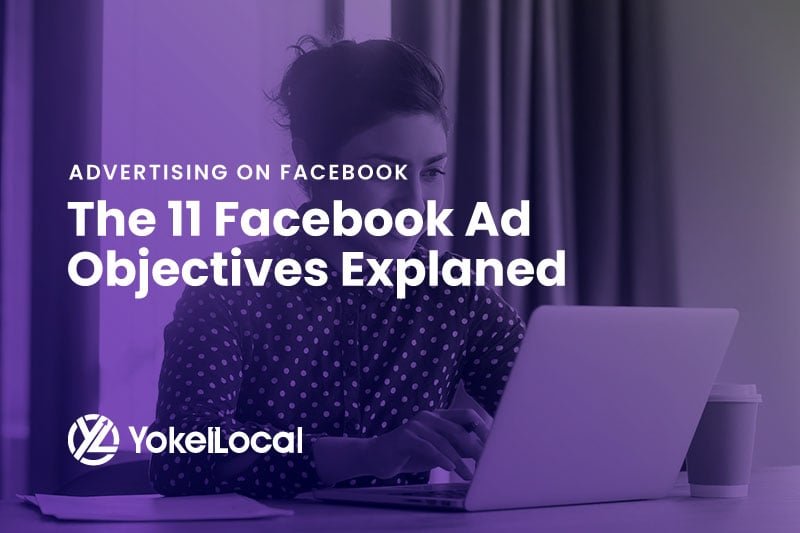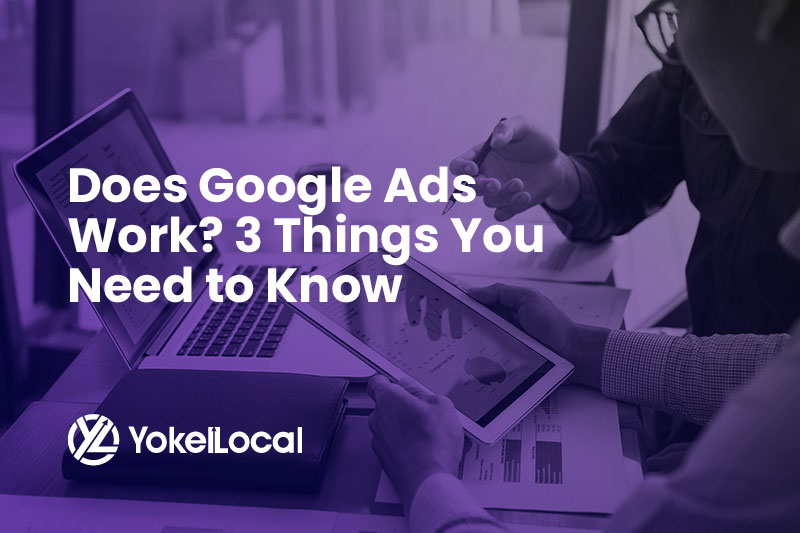It isn’t easy being a digital marketer. Each one of us is expected to have fluency in Google, pay-per-click, online bidding, copywriting, algorithms, and the list goes on. But, as any experienced pro can attest, to really handle Google PPC management correctly, your marketing must go beyond the common tools and strategies and evolve into something more.
To really do it right, marketers must also know the new methodologies and ways of thinking being pioneered by the best, along with the cutting-edge tools fueling their breakthroughs. The cusp of online advertising is at the forefront of the future, and the best online marketers embrace this.
That’s why we’ve assembled some recent thoughts from PPC experts across the internet, to help experienced marketers like you increase your Google ads management effectiveness through some lesser-known tips and tricks from the field.
Matt Umbro: Exclude Data in Bid Automations
“Not all data should be included in your bidding strategies…You can create data exclusions to bar a day(s) worth of data so it will not negatively impact the bidding strategy.” - Source
Automating bids through a Google PPC management strategy helps incorporate data signals into your targeting. Google’s system utilizes its advanced machine-learning capabilities to crunch mountains of data, giving you advanced access to the audiences you seek. However, that machine learning is only as powerful as the data fed into it, and for a myriad reasons, sometimes all that data isn’t indicative of the real story.
As Umbro states, whether a pixel simply wasn’t firing or a major sale (such as Black Friday) took place, certain events will skew your data set, and your bid automation results will often be affected as a result.
Utilizing Google’s Data Exclusion tool, marketers have the option to tell Google to ignore certain data in the bidding algorithm mathematics.
To identify data that should be excluded from your bidding strategy, simply go to Bid Strategies / Advanced Controls / Data Exclusions.
John Lincoln: Measure Referral Traffic in Google Analytics
“It’s one thing to know how many referrals you’re getting and from where. It’s another thing to know how effective those referrals are at driving leads home.” - Source
There’s three tracked traffic sources Google is measuring for your website:
- Search Traffic – visitors who find your page through search results.
- Direct Traffic – visitors who type in your URL directly.
- Referral Traffic – visitors who find your page by clicking from somewhere else.
Marketers must be aware of all three when doing any kind of Google PPC management, but unfortunately, the majority of businesses don’t have a plan in place to track the third, all-important referral component.
To help, Google Analytics now provides Referral Reports, detailing what sites are referring to your website (through both advertising and organic links), session volume from the referrer, and even the levels of traffic, engagement, and conversion per source.
As referrals are one of the three important tracked traffic archetypes, this invaluable tool can drastically improve how marketers think about referral sources, improving their PPC marketing as a result.
To access Referral Reports in Google Analytics, go to Acquisition / All Traffic / Referrals.
Amber Dawson: Tailor Advertising to Age Groups
“A key piece often missing from advertising strategies is correct audience targeting. Even if your product or service appeals to every demographic, what attracts older consumers may put younger ones off completely.” - Source
Shoppers over age 65, for instance, are frequently swayed by ad copy alone, often less aware of the difference between paid and organic results. Meanwhile, younger groups, such as Millennials and Gen Z, are much more aware of the different types of digital marketing they’re bombarded with and instead seek to develop real trust with businesses before they buy and buy again.
While it might sound rudimentary, those marketers taking the time to consider this important psychological aspect of PPC marketing often eventually discover it becomes the linchpin in their most successful marketing strategies.
Ryan Cox: Rethink Keywords With Google Ads Insights
“Improved keyword data [from Google Ads Insights] can help you identify new investment opportunities within existing search terms. When you spot rising search inventory, you can hop on board immediately.” - Source
Google Ads Insights is a new tool for those looking to take their Google PPC management to the next level, designed to curate custom insights based on a business’s online performance history.
Offering information such as search growth, volume, clicks, cost, and impressions, the system can help advertisers identify new search terms and even terms rising in volume in different cities and states. Every business receives unique insights based on their industry and market, and altogether, the insights are designed to help marketers optimize their pay-per-click strategy.
Google Ads Insights is new and still in beta, with Google planning to release even more features in the future.
Patrick Gilbert: Experiment to Find New Signals
“One thing I would recommend is doing some sort of like crazy experiment, very high risk, we're going to take our products and we're going to put them in a campaign and we're going to put on maximize conversion value…And I think that's really where the major changes are unlocked.” - Source
Great marketing has often been associated with innovation, experimentation, and risk, because the results can sometimes be game changing for the brands behind them. In the world of Google marketing, the same is true, with much of the power coming in the form of various signals uncovered as a result.
Google’s automated bidding strategy works from data inputs, and as such, can become stagnant when the same information is coming in month after month. Experiments force that data stream to change.
By doing something drastically different, such as maximizing conversion value or adding larger-than-normal budgets to certain projects, the Google PPC management system is forced back into the learning phase of the process. New conversion signals are identified by the system, and the result is new things for the machine to “think” about as it goes back to auction.
Kevin Urrutia and Eric Philippou: Always Consider the Psychology
“Know how to leverage basic consumer/marketing psychology to get the best possible results. To maximize creatives, media buyers must first research and understand the client’s habits, tastes, and interests.” - Source
At the end of the day, marketing and online advertising is really all about tapping into the psychology behind the customers. That means the most effective marketers must have an understanding of how their audience is really engaging online, in order to put a strategy to work.
- What is their life like when they see your ads? Are they at home? Work? Happy? Stressed?
- What will they think of the specific word choices used in your ads?
- What kind of offers would actually make them stop and click?
To accomplish this, many online media buyers are immersing themselves in the field of psychology through a “never stop learning” attitude. They’re reading books on psychology, attending webinars on human behavior, and having discussions about decision making with their colleagues.
The same thinking must happen for every online marketer out there, embracing the importance of psychological understanding. It’s absolutely critical for real strategic success and is perhaps more relevant now than ever before.
Elevate Your Google PPC Management With Yokel Local's Paid Ads Services
Google marketing is one of the most effective means of reaching and converting audiences for any business, anywhere. However, there’s also many nuances that can hold those businesses back from success. Be it entrepreneurs trying to learn the basics of PPC advertising or advanced teams seeking to keep up with the latest trends and technologies, the day-to-day needs for super effective Google PPC management can quickly become insurmountable tasks.
That’s why our team at Yokel Local is available to help. With experienced thought leaders in everything from online advertising to consumer psychology, we’re proud to bring that cusp-level thinking to each and every client.
To see what Yokel Local’s unique approach toward Google PPC management can do for your business, schedule a free 30-minute digital growth strategy session with our team!














